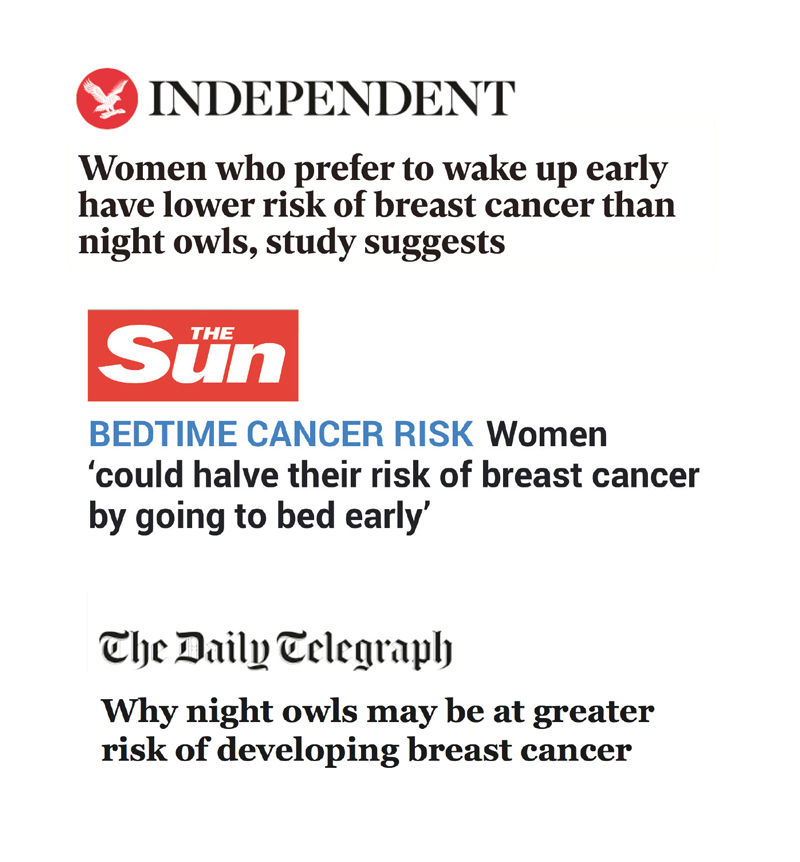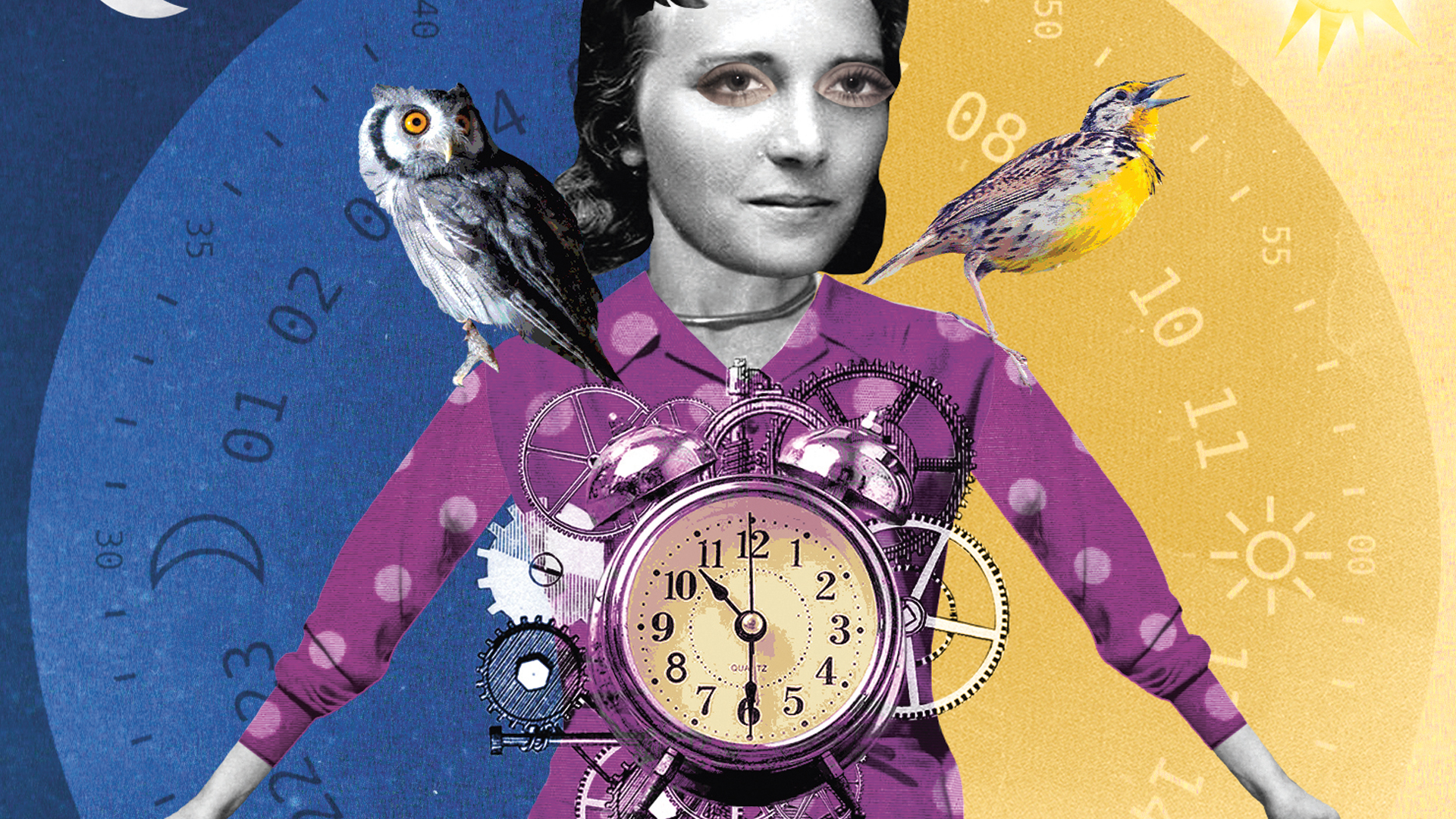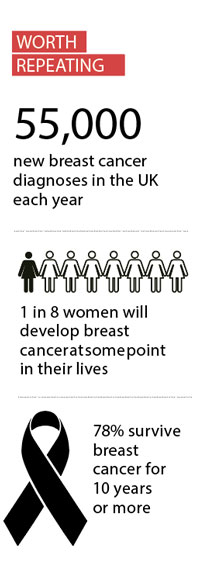How it was told
The link between sleep and cancer has been probed for years with a focus on whether 40 winks and a woman’s body clock affects the risk of breast cancer.
The latest headlines hit on November 6 after a team of University of Bristol researchers unveiled findings at the NCRI Cancer Conference in Glasgow that suggested night owls have a higher risk of developing the deadly disease. The story, claiming the risk of developing breast cancer drops by 48 per cent for those with a morning preference, was widely reported both in Britain and overseas – angled on both sides of the report.

The Independent focused on the early risers with their article headlined “Waking up early ‘halves risk of developing breast cancer’”. The Scotsman followed suit with “Early rising ‘larks’ are less likely to develop breast cancer than night owls”, as did CNN.
The Daily Telegraph looked at it from the other perspective with their “Cancer risk for ‘night owls’ is twice as high as early risers” story. The Sun took a different approach entirely with a warning that “Women could halve their risk of breast cancer by going to bed early.”
Facts checked.
The research behind the story did not actually relate to when a woman gets out of bed – instead focusing on genetics and the preference for a time of day.
The investigation centred on the body clock, or the circadian rhythm as it is known by scientists, which is a24-hour cycle that affects sleepiness and alertness throughout the day.






